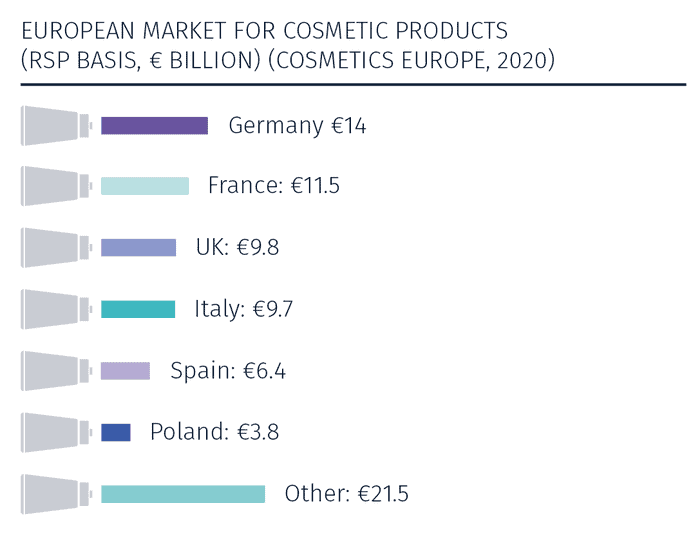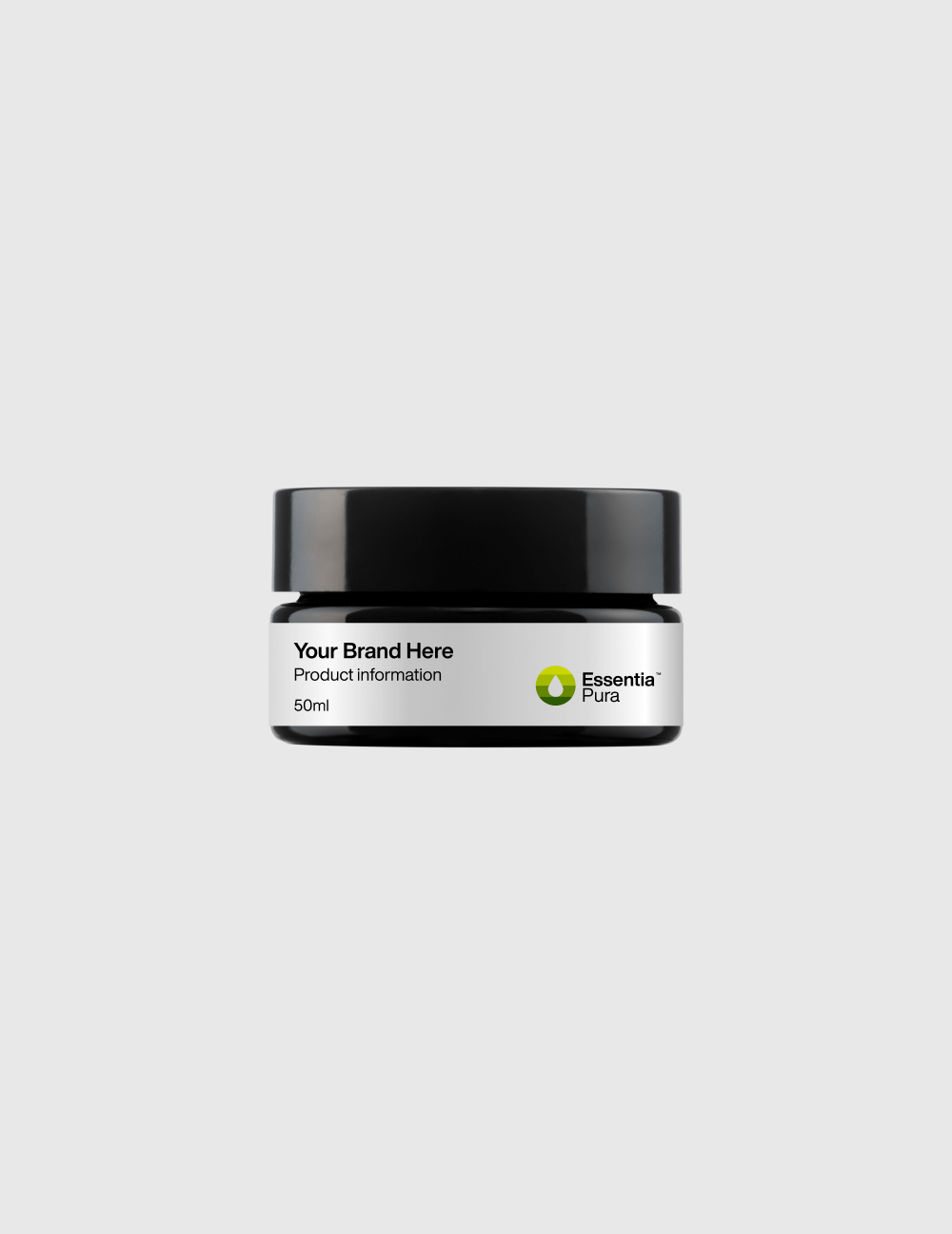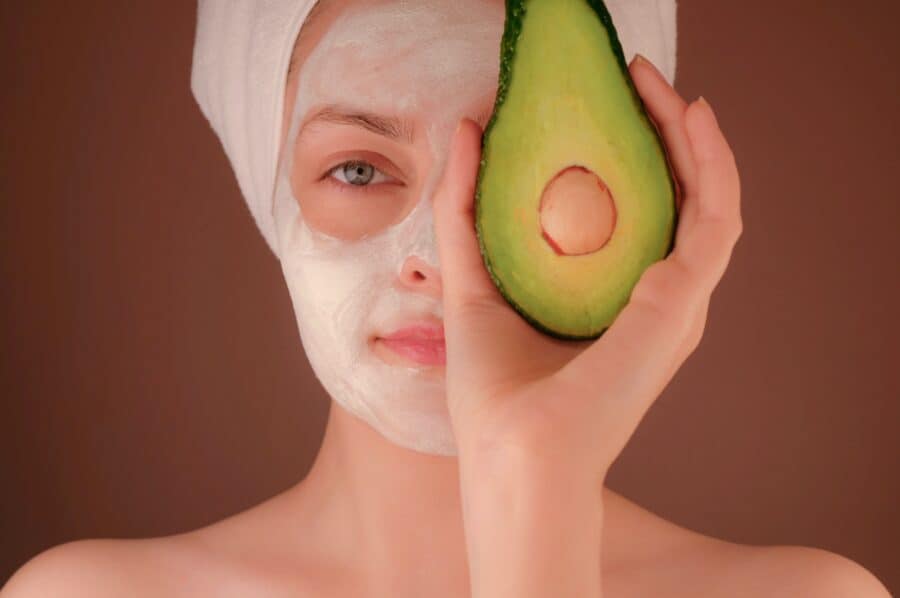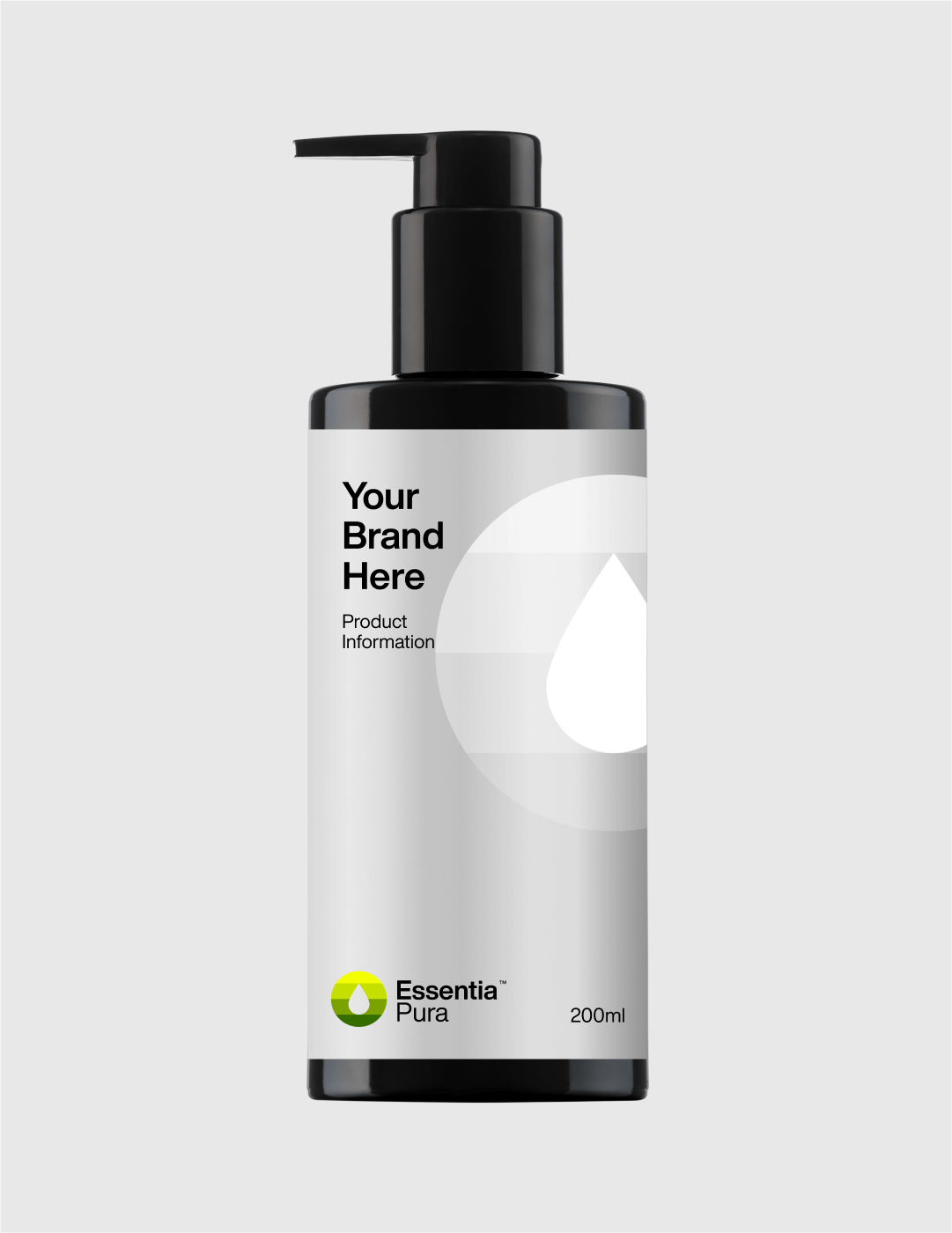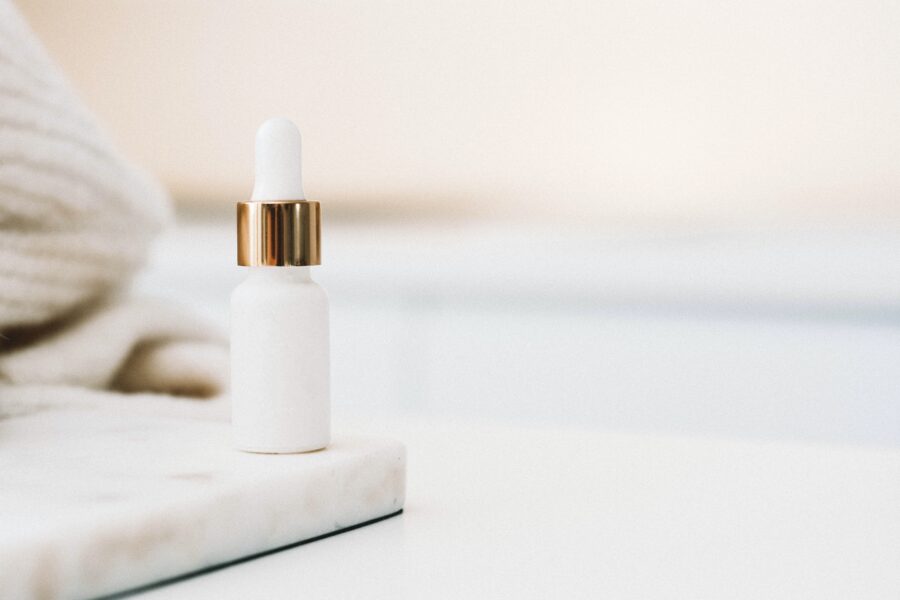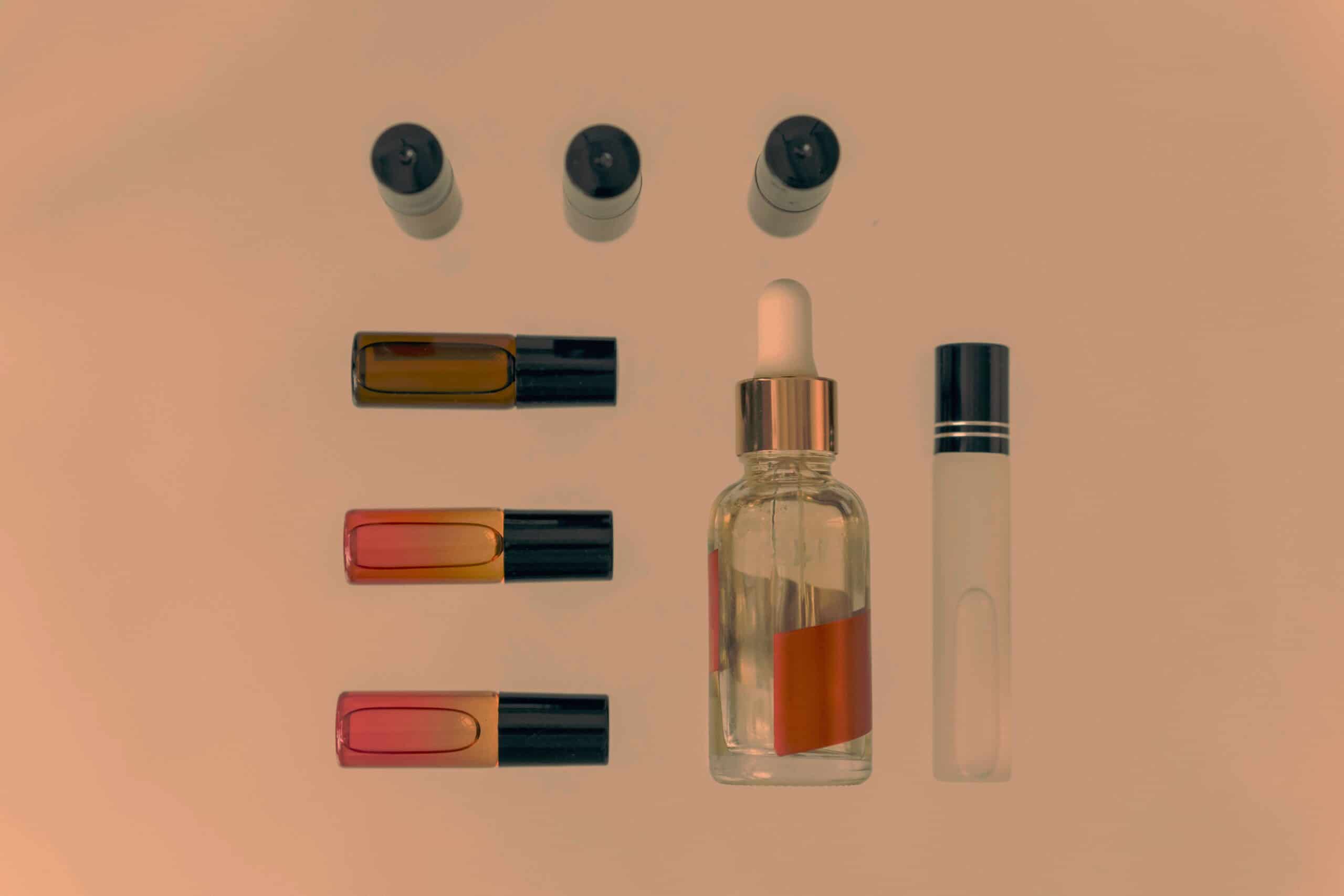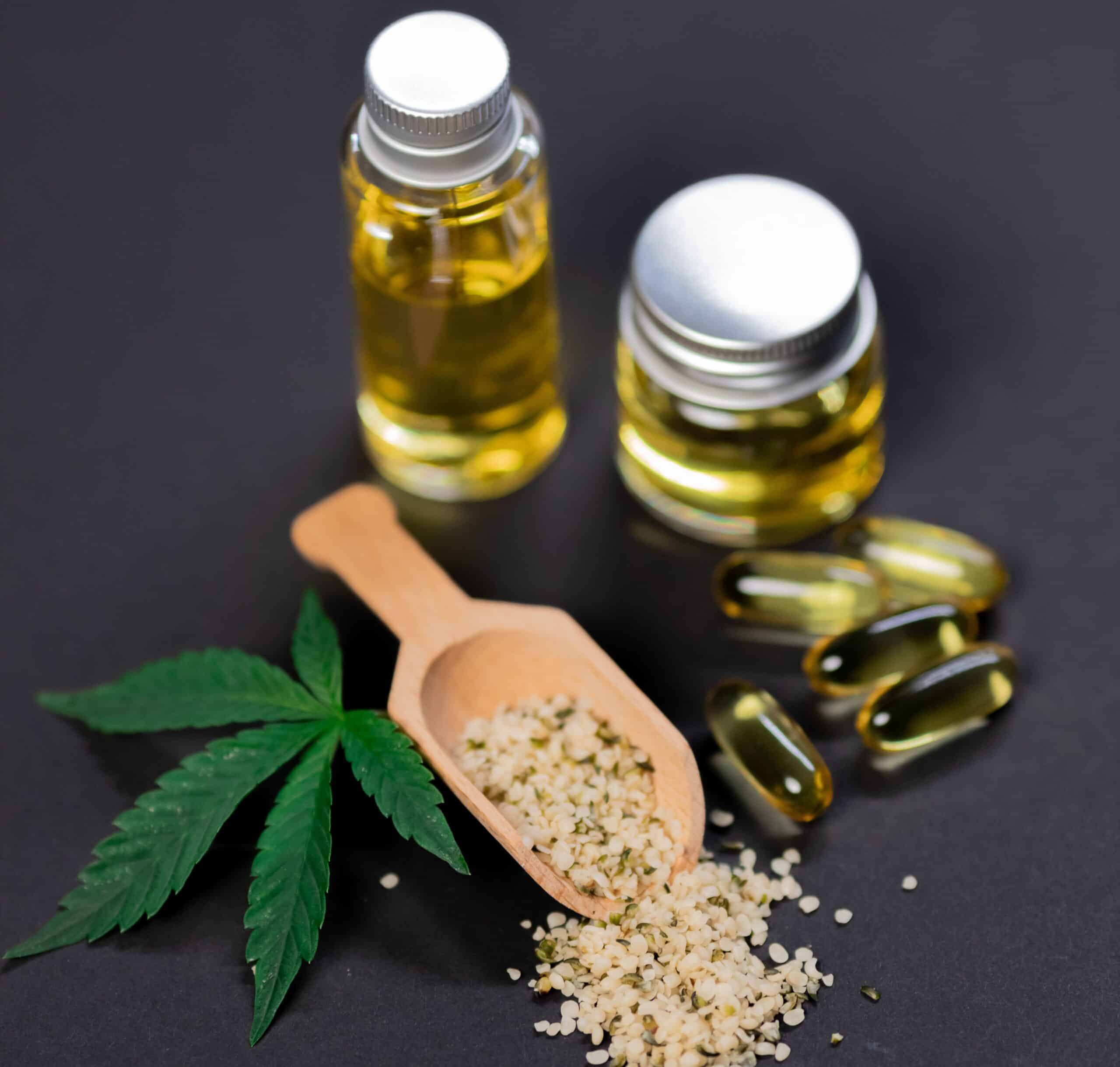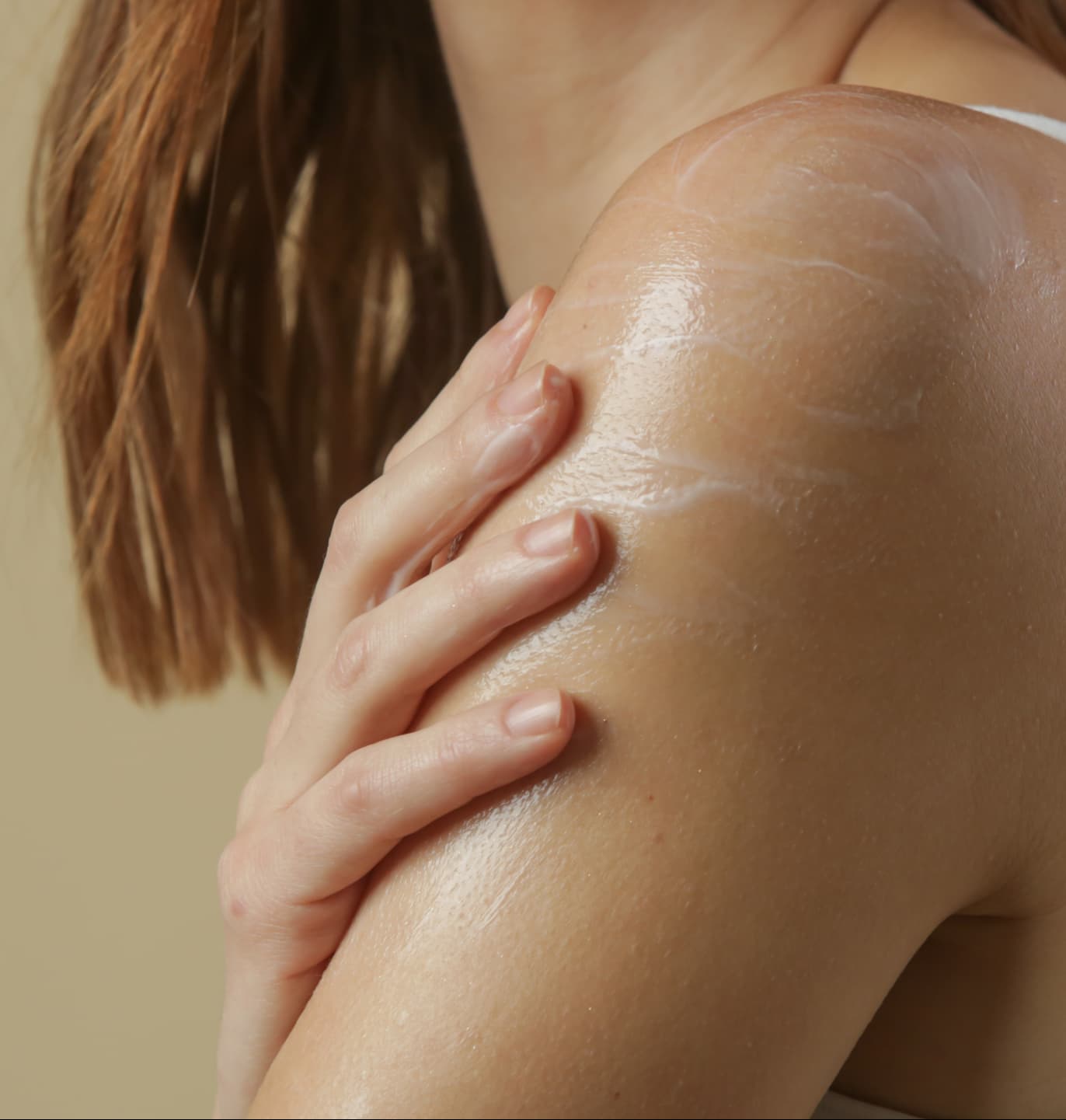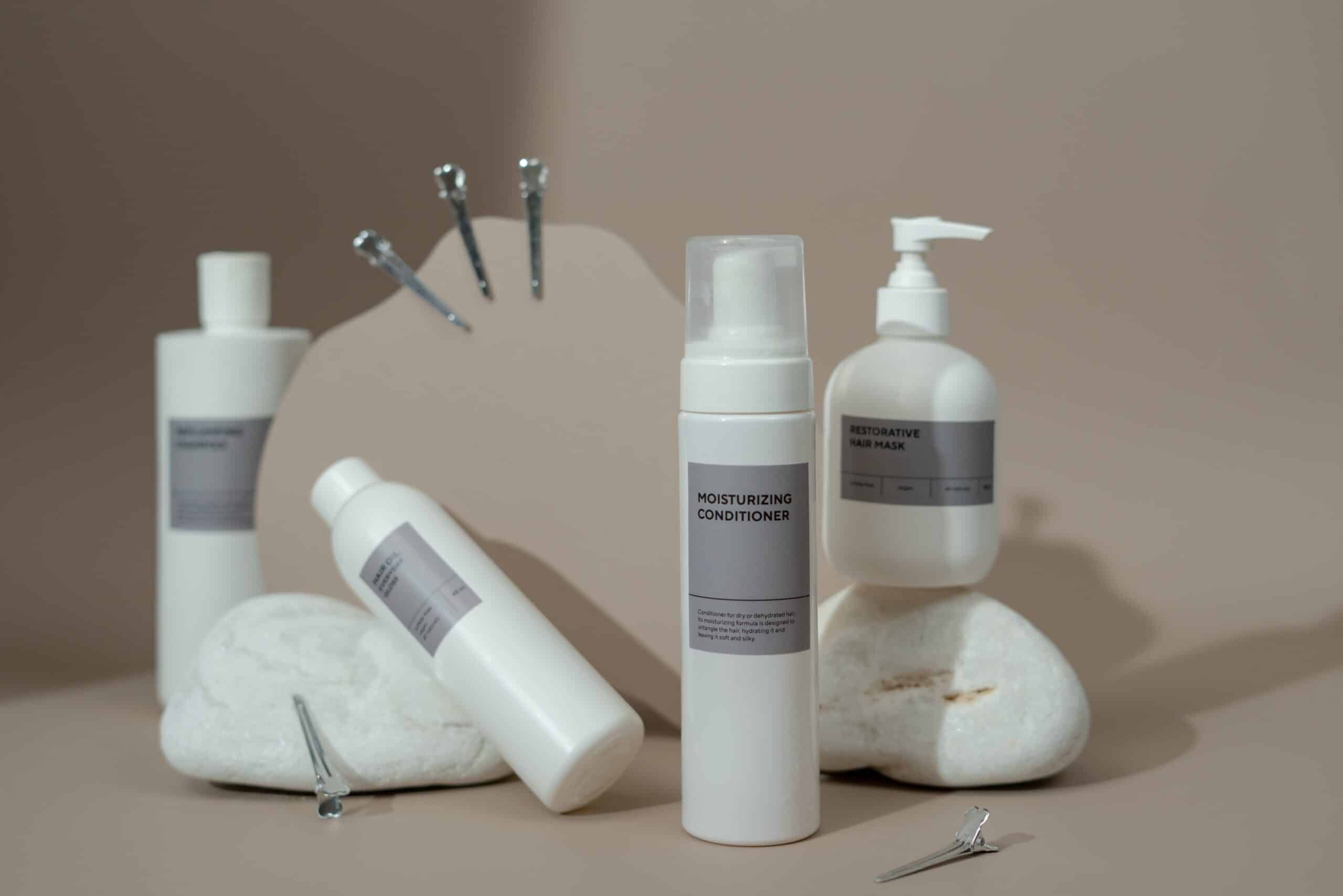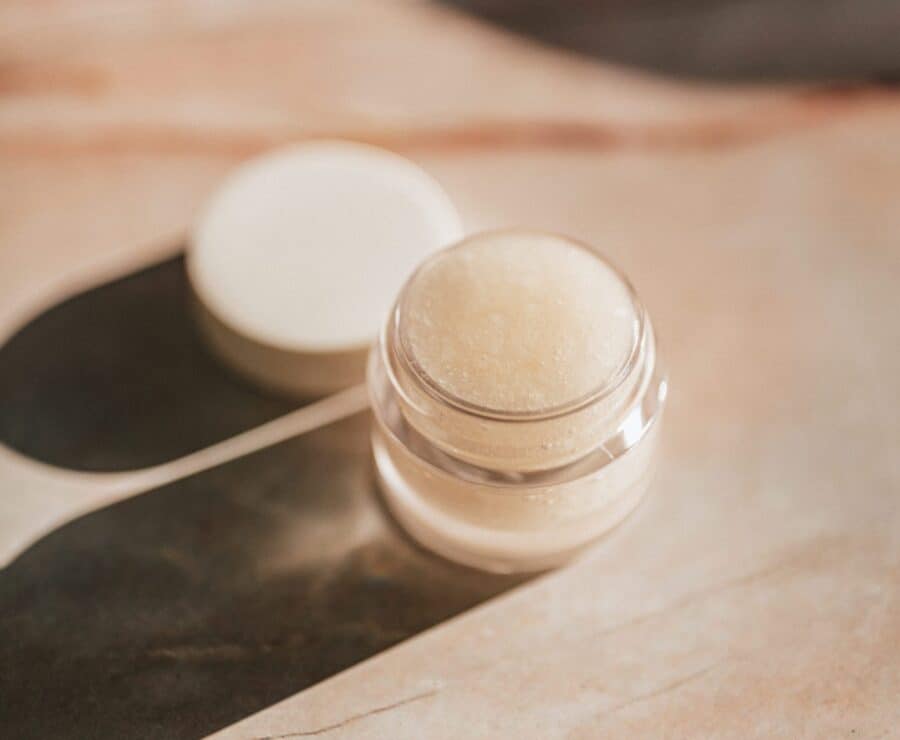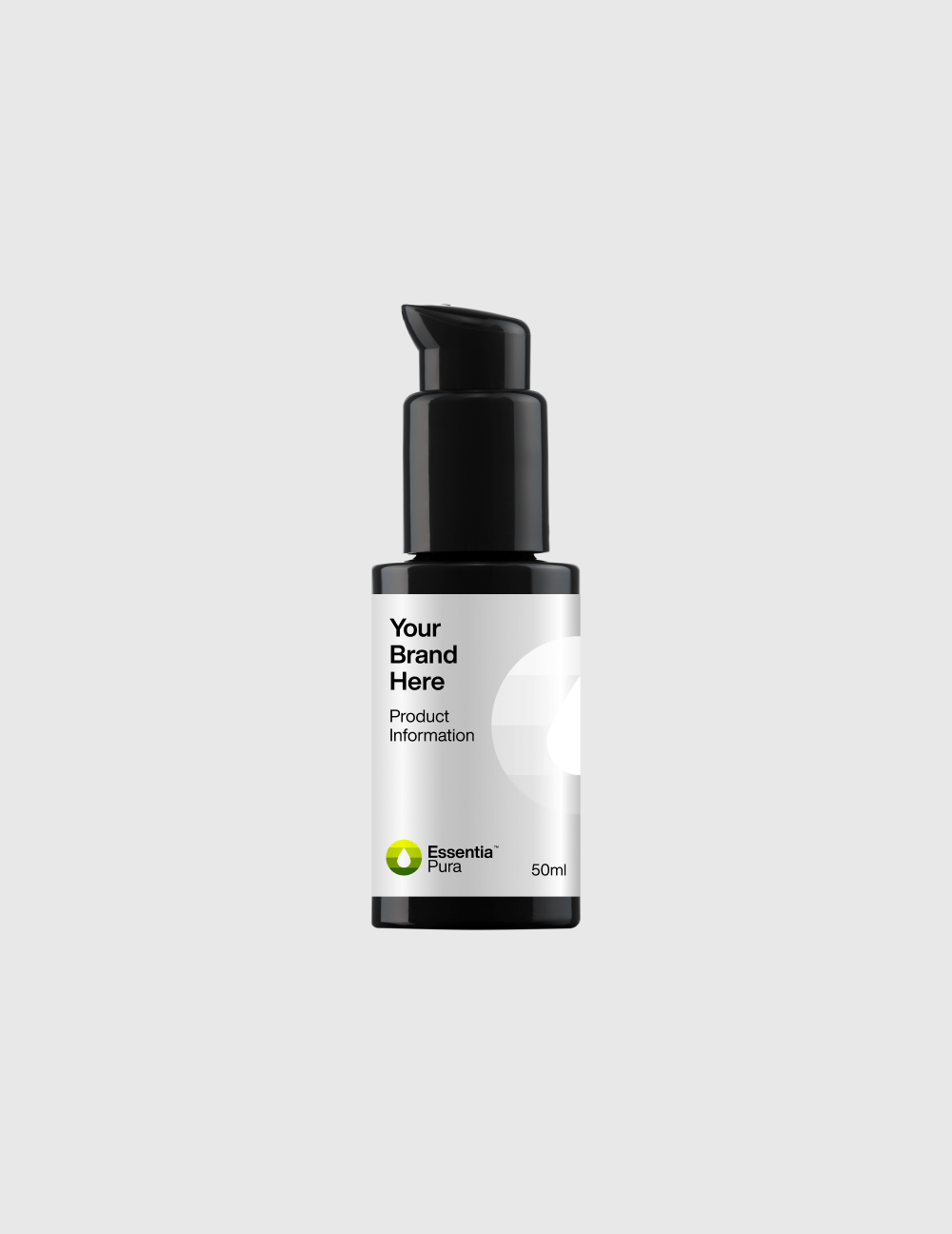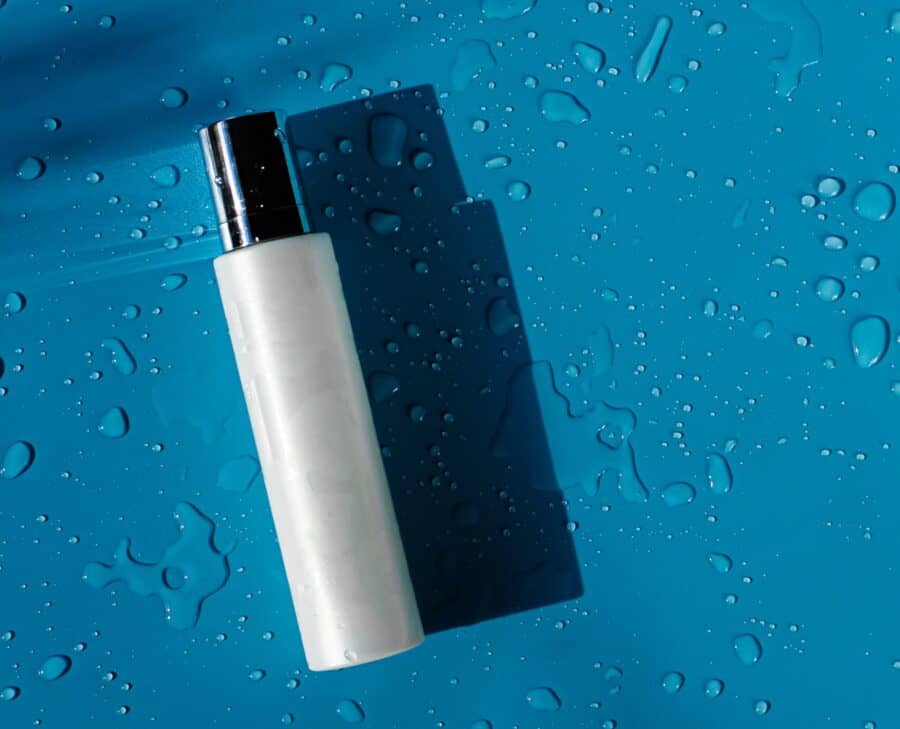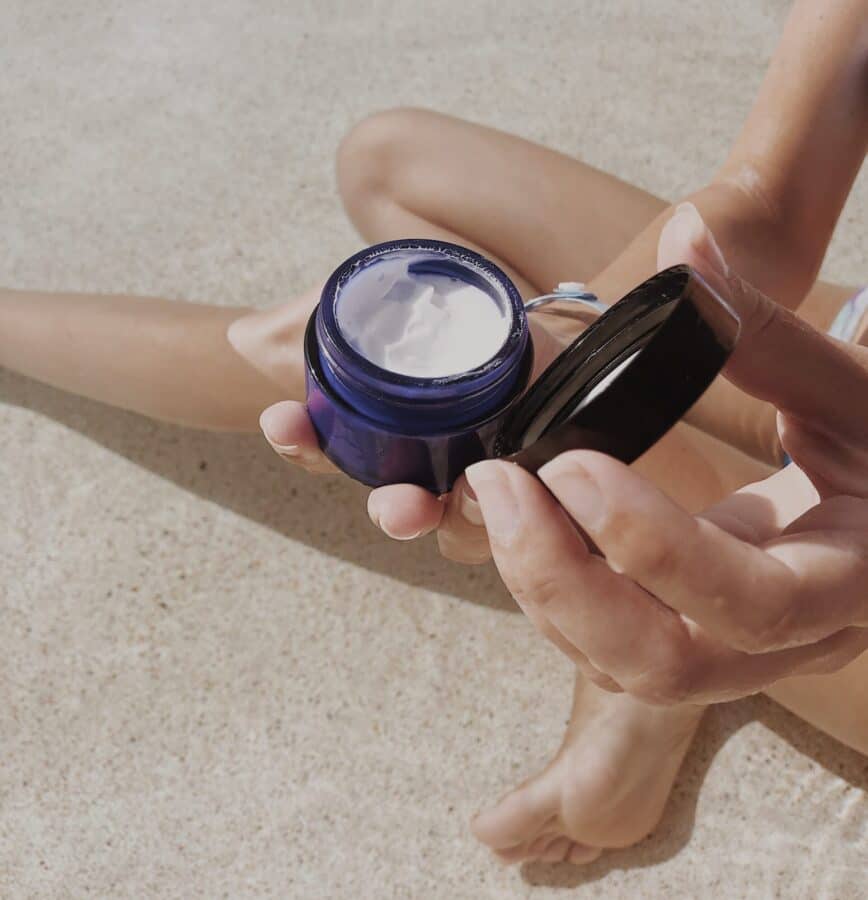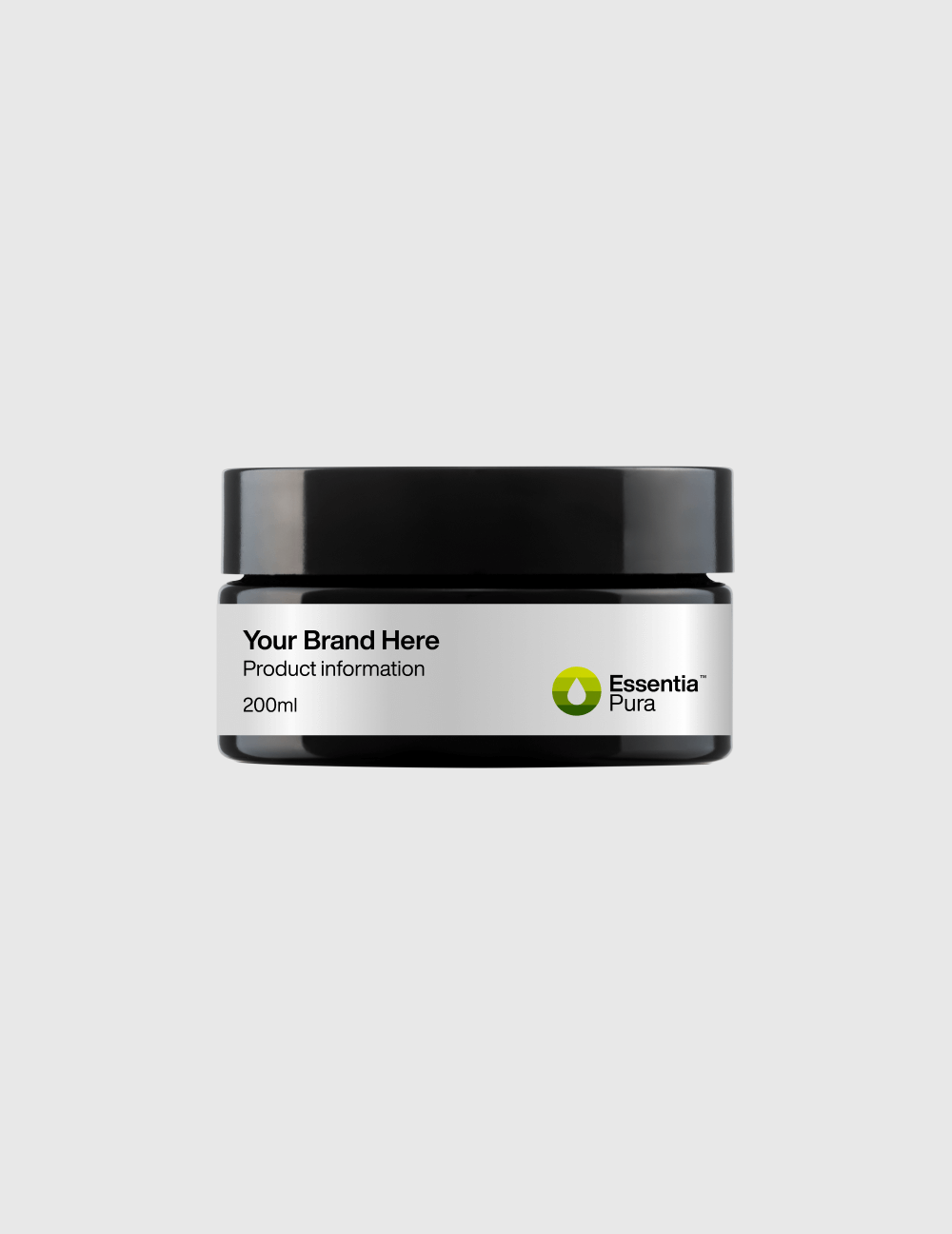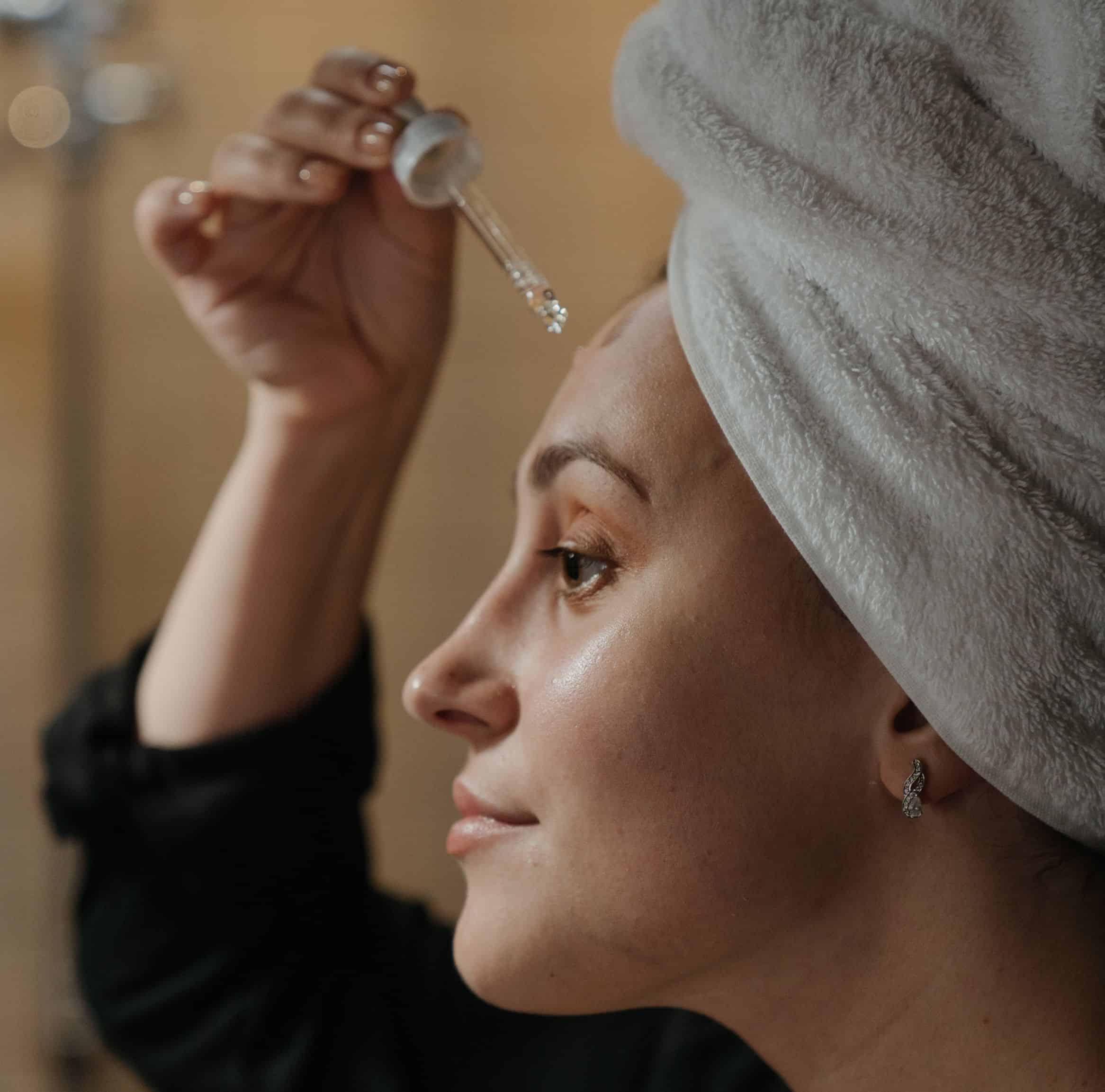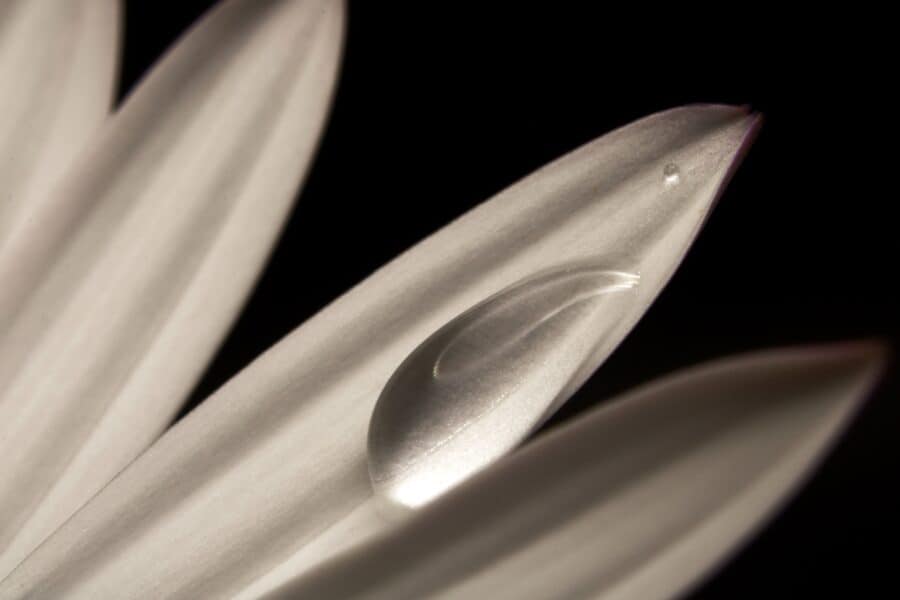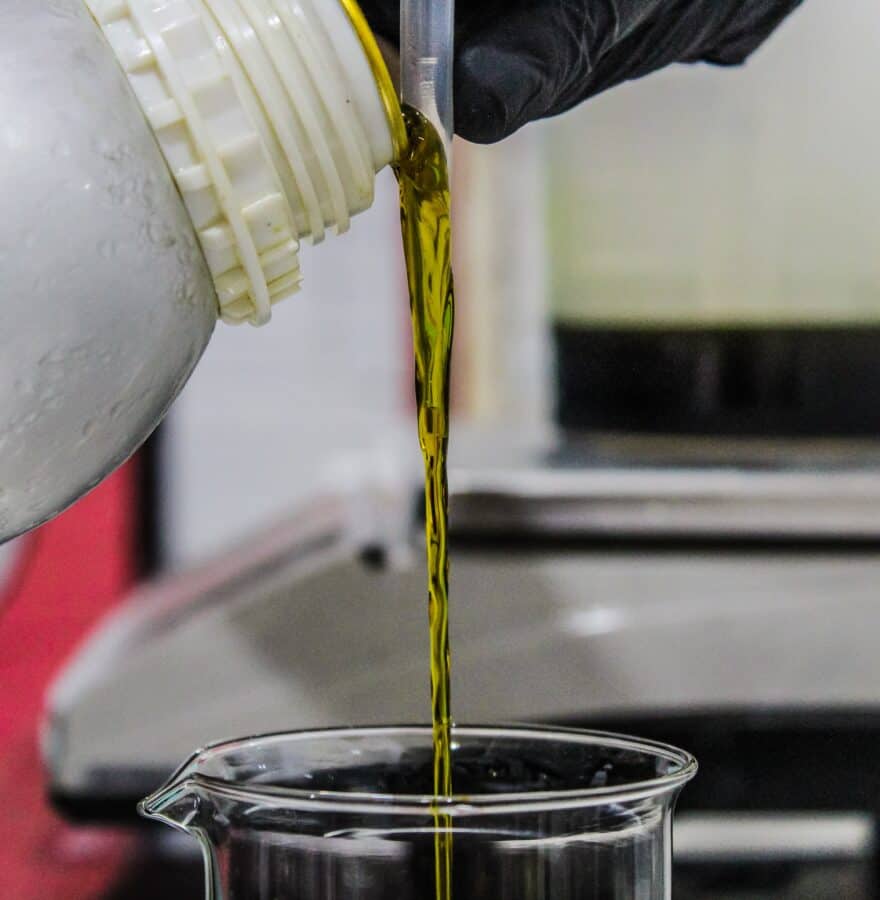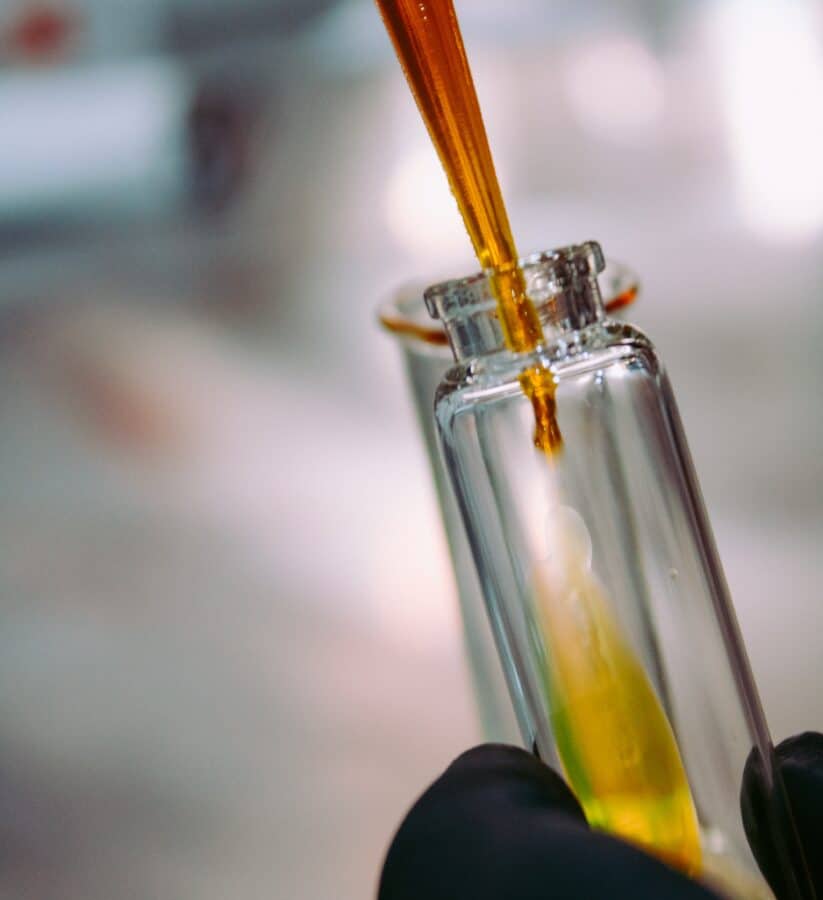CBD vs THC: What’s The Difference?
Humans have used cannabis for thousands of years. In countries like India, people have used cannabis not only for its health benefits but even in religious ceremonies. For example, cannabis-infused drinks are traditionally served at some festivals.
Similarly, Europe has used cannabis for various purposes. It grew hemp widely for its fibre. Its cannabis plant or hemp fibre made sailing possible, as early sails were of textile created using hemp fibre.
Similarly, people in various cultures widely consumed cold-pressed hemp seed oil.
However, things suddenly changed in the late 19th century and early 20th century, when different countries introduced a complete ban on cannabis use. For 80-90 years, cannabis was grown only in small amounts, and its cultivation required a special licence. As a result, people stopped using cannabis for good health. Although, illegal cannabis use continued to flourish.
Researchers now understand that banning all kinds of cannabis products or use was one of the biggest mistakes. Science knows that cannabis has some incredible health benefits. Studies show that most health benefits of the cannabis plant are due to cannabidiol (CBD) and other cannabinoids.
It is now evident that most of the ill effects of cannabis were associated with the use of high tetrahydrocannabinol (THC) cannabis strains. THC is the substance or organic compound in cannabis that causes a high. Thus, if people use cannabis extract responsibly, its benefits outnumber health risks.
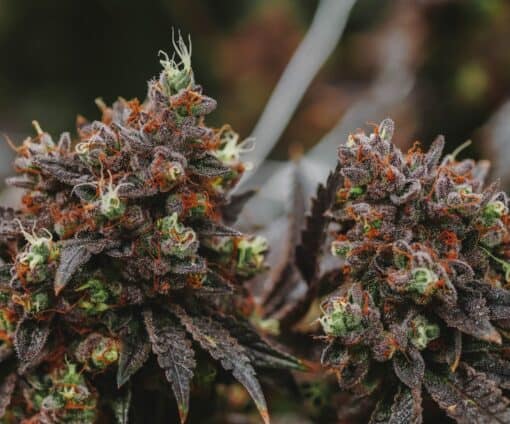
What’s The Difference Between THC and CBD?
The cannabis plant contains more than 500 known phytocompounds; out of them, more than 100 are cannabinoids. Additionally, it has more than 100 terpenes and many other beneficial phytocompounds.
Studies of various phytocompounds identified in the cannabis plant show that almost all are highly beneficial for health. In addition, they might help manage a range of health conditions.
It is amazing to note that some of the cannabinoids in the plant may even have the opposite effect. However, researchers think they have only discovered the tip of the iceberg, and there is still much to learn about the plant.
THC and CBD are the two most discussed cannabinoids in the cannabis plant. They do share some traits; however, they are pretty different.
Studies show that cannabis causes euphoria or a high due to its content of THC. It is the substance that stimulates the part of the brain known to generate pleasure. In addition, it stimulates the reward pathway and strengthens the memories related to various pleasures. Hence, it not only alters mental alertness but is also highly addictive, too.
CBD is the most abundant cannabinoid in the plant. Fortunately, it is also one of the most studied of all cannabinoids. Most health benefits of cannabis or hemp plant are associated with CBD.
Since CBD is responsible for most health benefits, it is common to isolate this compound for health benefits. That is why people use CBD oil, gummies, tinctures, capsules, topicals, and edibles for health benefits.
What Is THC?
THC or tetrahydrocannabinol is the primary psychoactive compound in the cannabis plant, causing high. It is addictive, and its prolonged use may cause more harm than good.
Here it is vital to understand that THC is also a cannabinoid and may benefit health in minute dosages. Thus, regulations allow CBD products with 0.2% THC.
However, at higher dosages, it would cause more harm than good. At higher dosages, it is more like any other street drug that is addictive, harmful to health, reduces mental alertness, increases the risk of violence, motor accidents, and so on.
What Is CBD?
CBD or cannabidiol is a highly beneficial compound. Most of the health benefits of cannabis or hemp are due to its content of CBD. It is mildly psychoactive, as it helps relax and reduce anxiety and pain sensations. However, it does not alter mental alertness at usual dosages. Thus, it is even safe to dry or operate machinery after using CBD.
Health experts are still discovering its health benefits. For example, in recent years, there has been much focus on its ability to reduce epileptic seizures, reduce spasticity in neurodegenerative disorders, and more.
It is suitable for metabolic health, as it can modulate appetite, reduce inflammation, alter immune responses, and more.
What’s The Difference Between CBD and THC?
The main difference between the two is in their psychoactive properties. CBD has a mild relaxing effect on the brain, even at high dosages. However, THC can cause high or euphoria, completely alter mental alertness, and influence body movements or motor function.
It means that at high dosages, THC is quite different from CBD. Although, in minute dosages, it may have health benefits similar to CBD.
Therefore, in the EU, any CBD products must not contain more than 0.2% THC, whereas, in the US, this upper limit is 0.3%.
Additionally, it is worth understanding that THC ingestion would result in a positive drug test. However, ingesting CBD isolate would not result in a positive drug test.
Does CBD Oil Need THC To Work?
The answer to this question is “Yes” and “No”. THC can influence the working of CBD and can boost its certain health effects. However, CBD also works quite well when used alone and thus does not require THC to work.
THC is one of the cannabinoids; thus, even small amounts of THC in CBD oil may result in the entourage effect. In addition, THC-containing CBD oil may help manage muscle spasticity, insomnia, and low appetite.
However, considering the poor safety profile of THC, it is a good idea to use CBD oil without THC. CBD would work quite well without THC and does not require it at all to work. Thus, CBD alone is sufficient to reduce inflammation, seizures, depression, improve gut health, help with migraine, and much more.
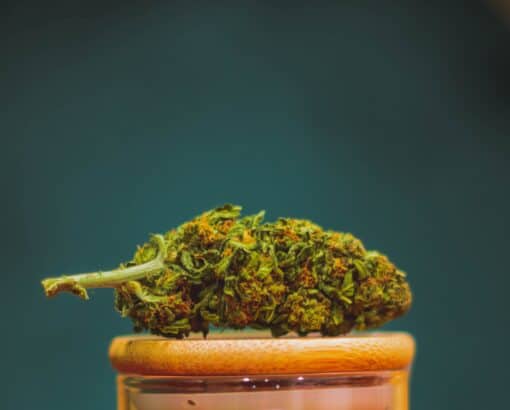
What Are the Benefits of CBD Oil Without THC?
Although THC may boost certain activities of CBD oil, but it is better without it. It is now proven beyond doubt that THC, on prolonged use, may cause more harm than good. Below are some of the health benefits of CBD without THC:
Better safety profile
CBD oil that is THC-free has a much better safety profile. It will not cause addiction, euphoria, or other severe issues. THC-free CBD oil may also have lower toxicity and would not influence other organs like the liver.
Does not cause high
This is the number one reason for preferring THC-free CBD oil. Cannabis causes high due to its content of THC. CBD isolate does not cause high and has no adverse impact on brain health. This is because it will not influence reward pathways like THC.
Does not increase appetite
It is no secret that marijuana increases appetite. However, CBD helps with weight loss. Therefore, it seems that THC is rather an appetite stimulant.
Would not result in a positive drug test
When testing for drug use, that is, for marijuana use, doctors look for TCH levels in the blood. Thus, even minute amounts of THC in CBD oil may result in a positive blood test. However, CBD oil that is THC-free would not result in a positive blood test.
Easier to get regulatory approval
Finally, THC-free means fewer issues in getting regulatory approval. Most health authorities are wary of THC. They know that prolonged THC use may harm health and is also a substance of abuse. If CBD oil is THC-free, getting regulatory approval would be much easier.
To sum up, cannabis or hemp plant contains many cannabinoids. Among them, CBD and THC are most well researched and have quite different health effects. Therefore, although THC may benefit health in small amounts, using THC-free products is a better option. On the other hand, CBD is still quite potent without THC and is suitable for prolonged use.
If you are looking for THC-free CBD products, we have a range of products. We offer CBD wholesale, white label CBD, private label CBD, and more. We are among the reputed CBD manufacturers in Europe.

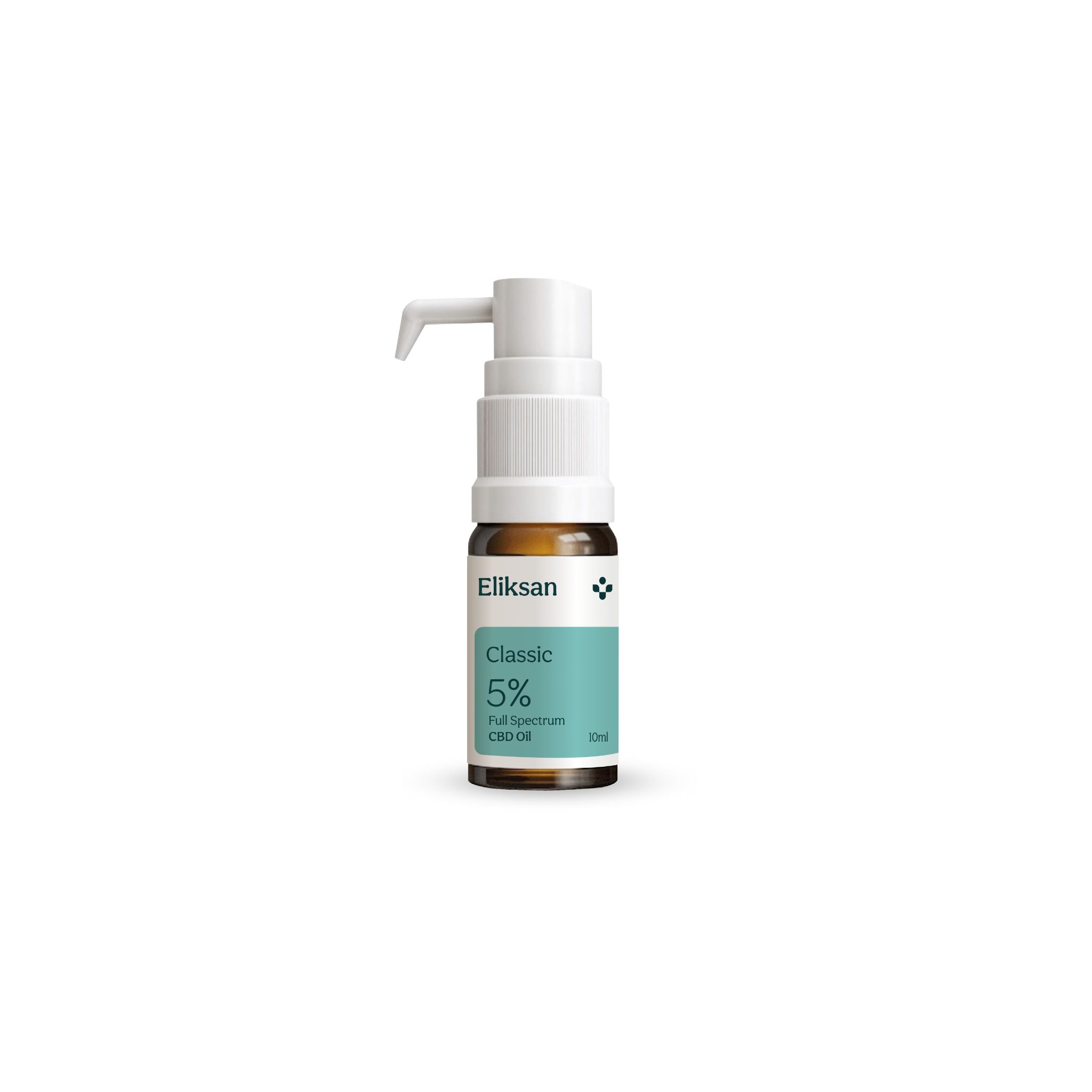

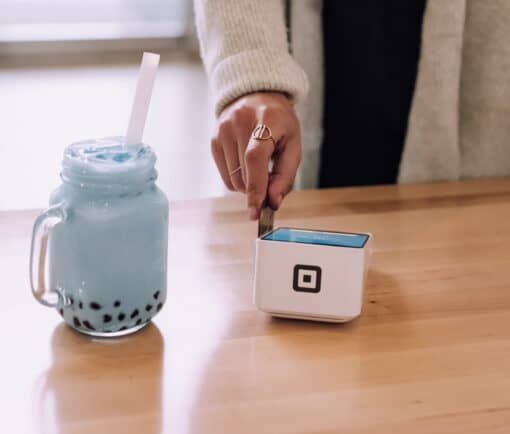
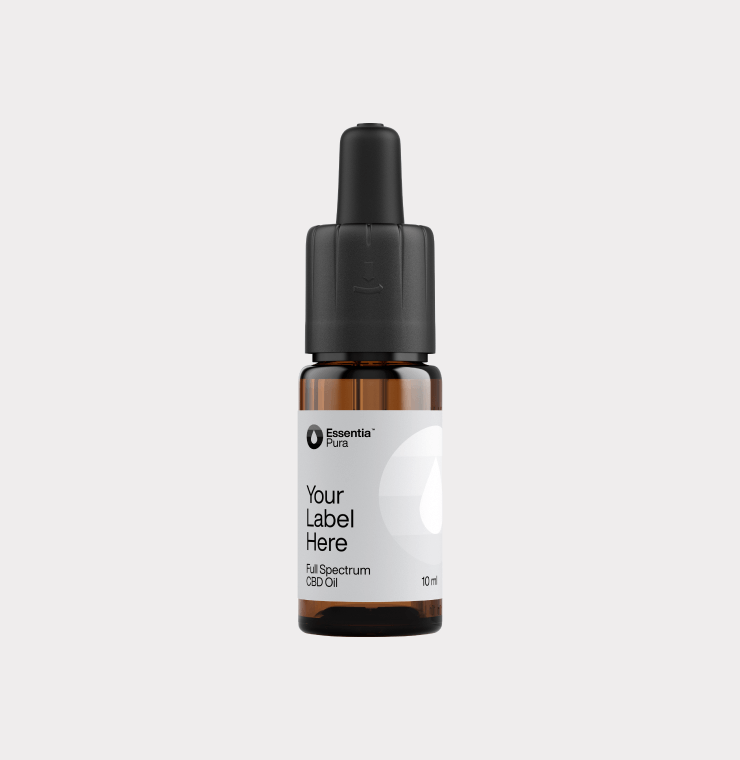

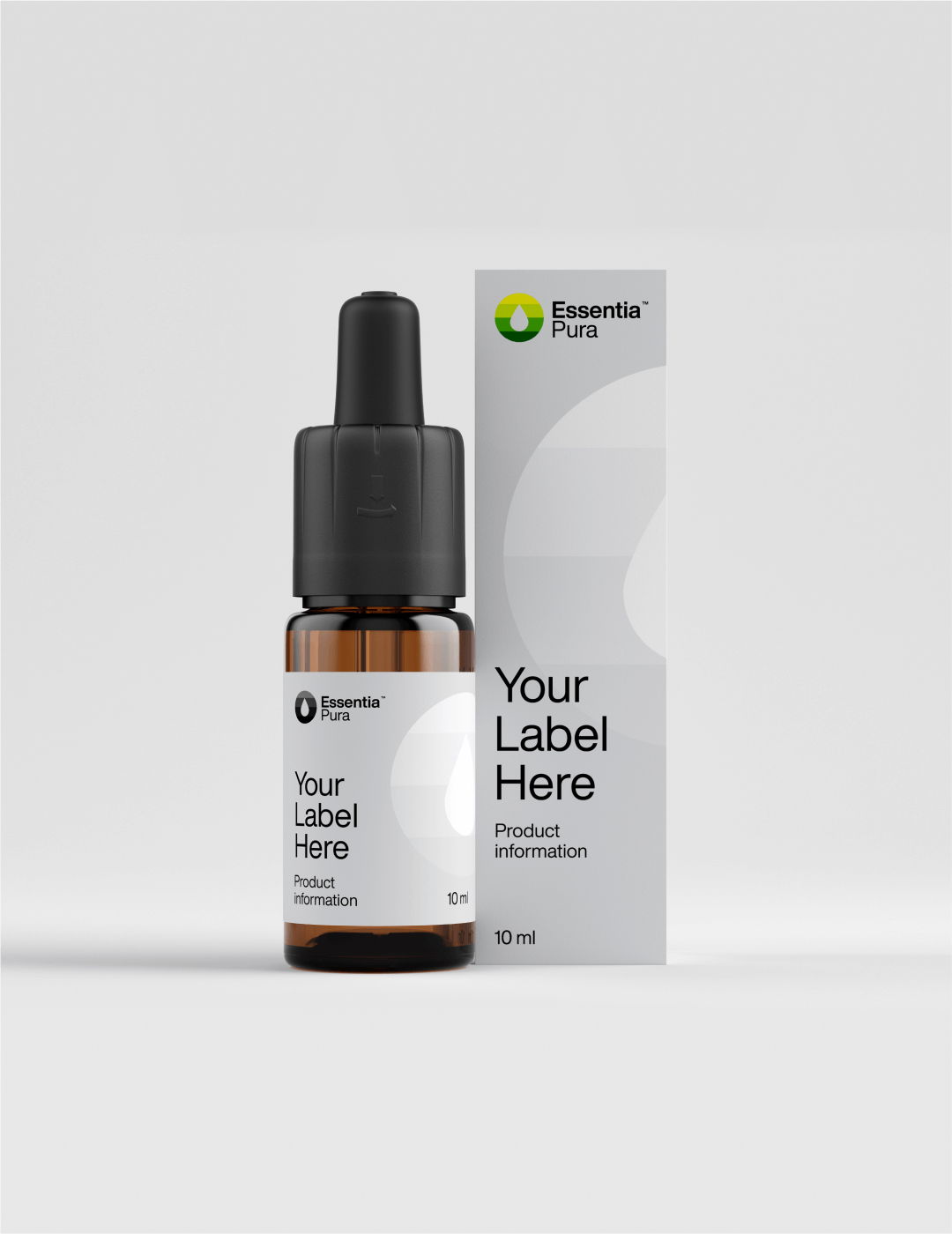

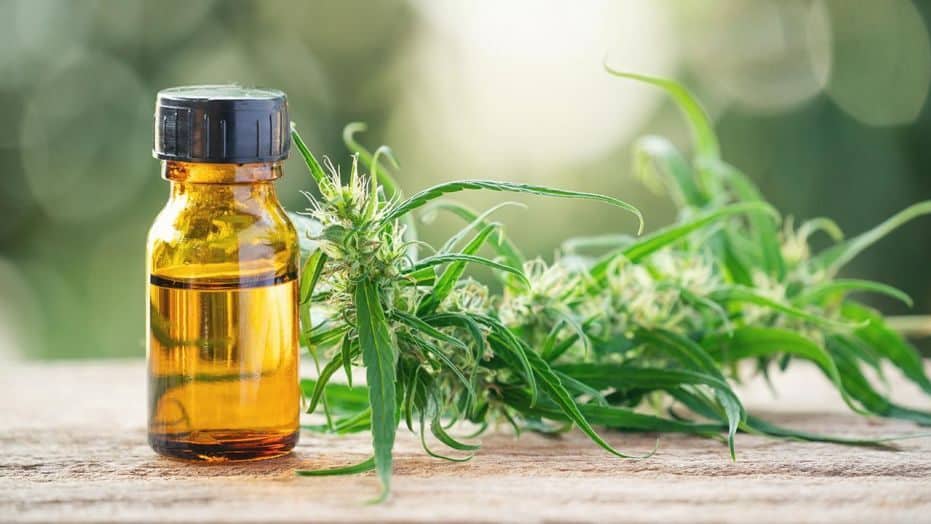
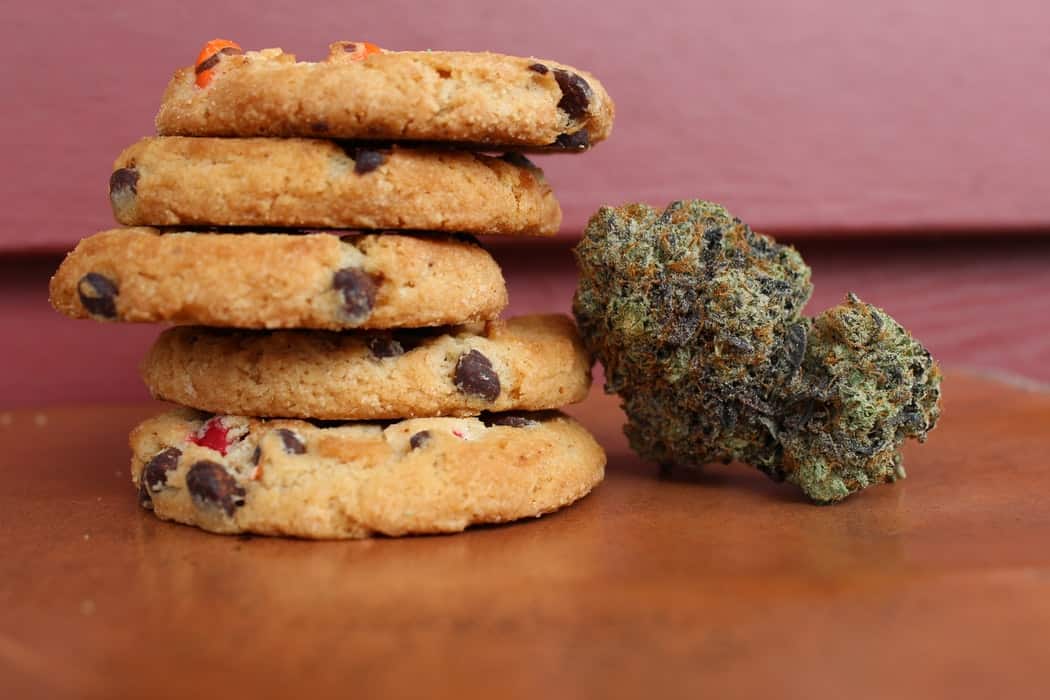
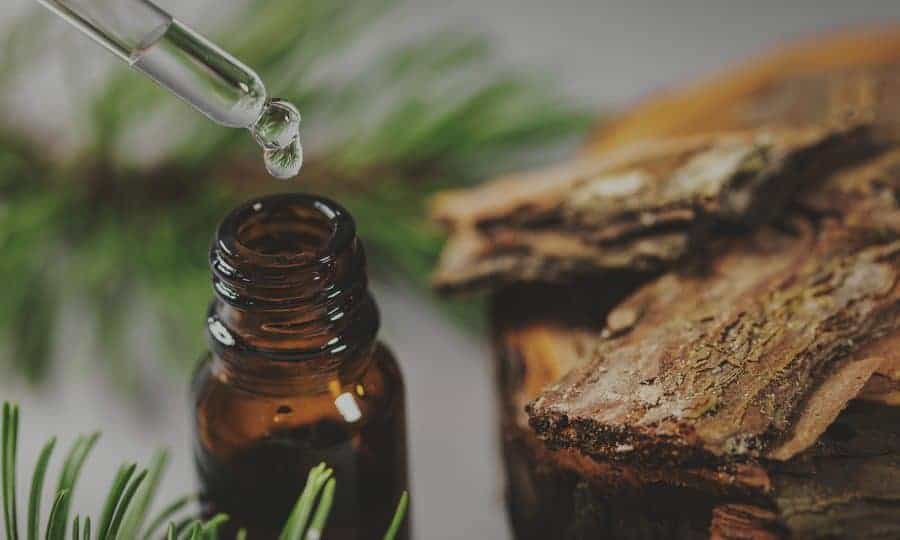

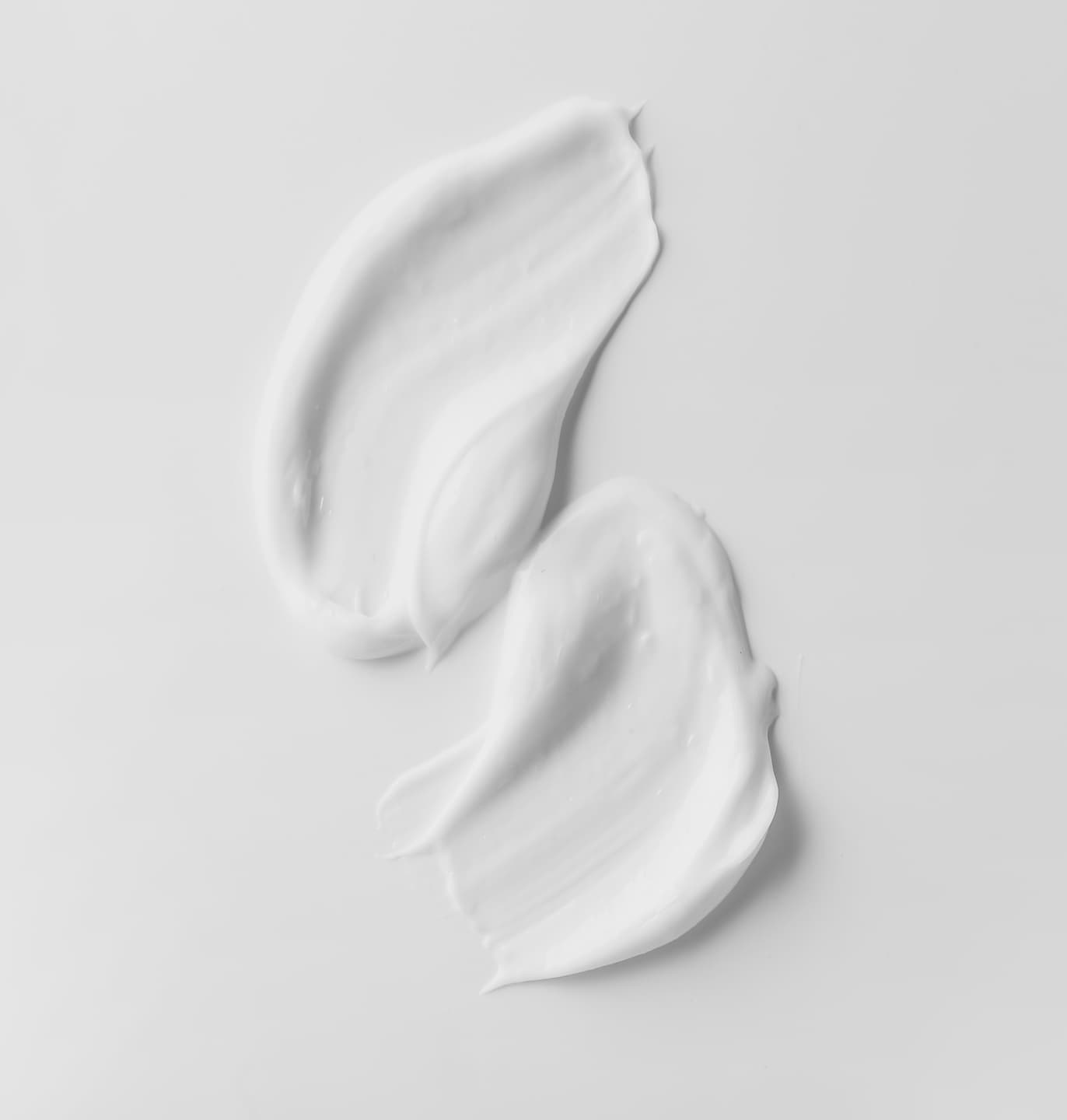


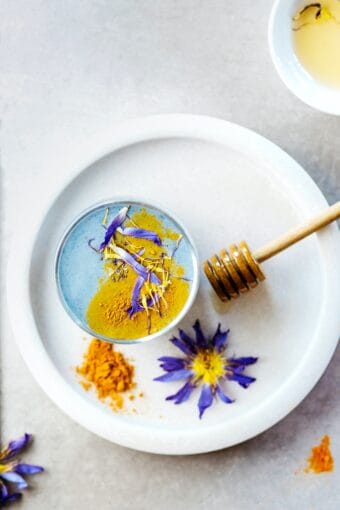
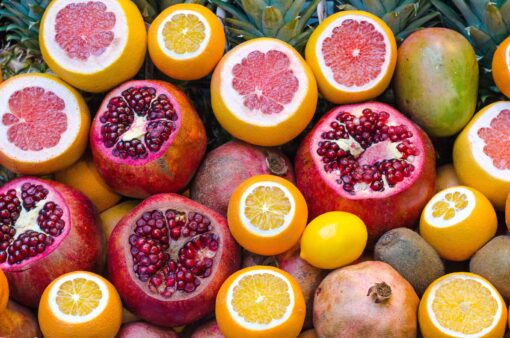




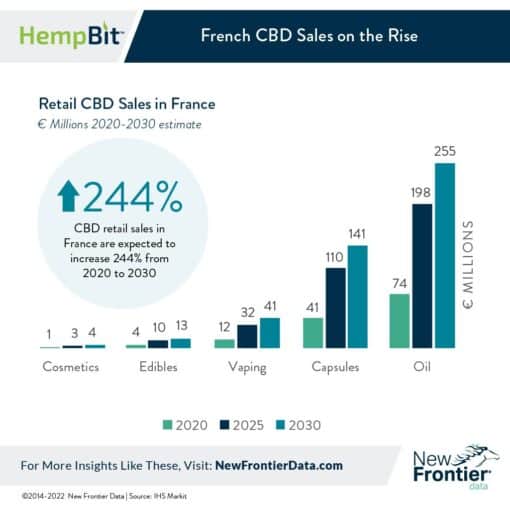



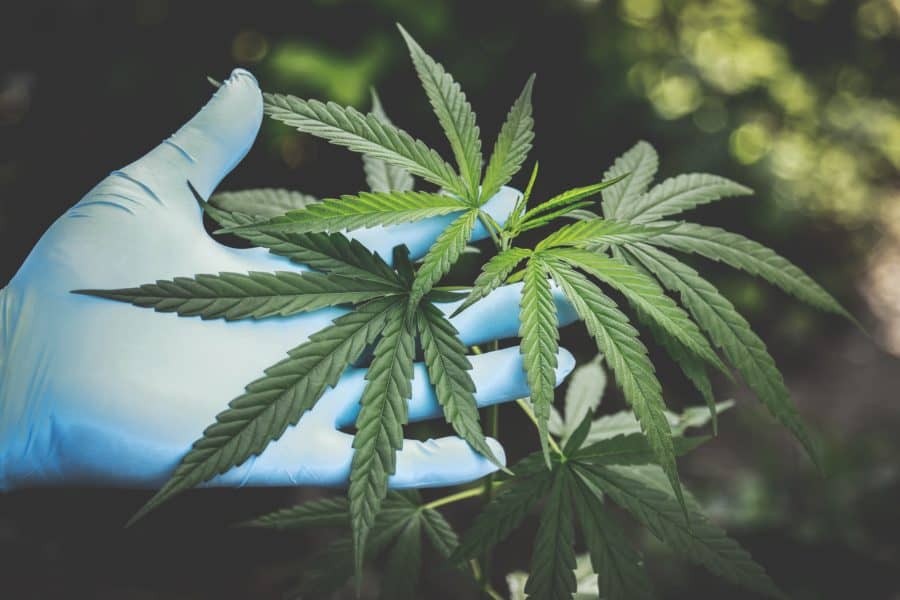

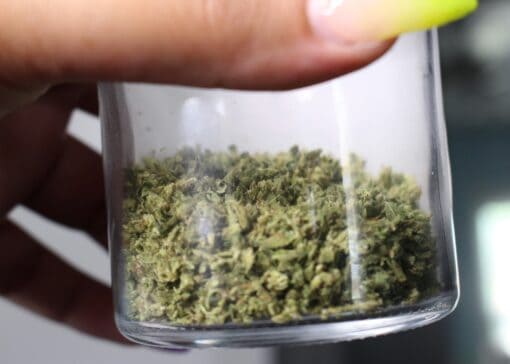
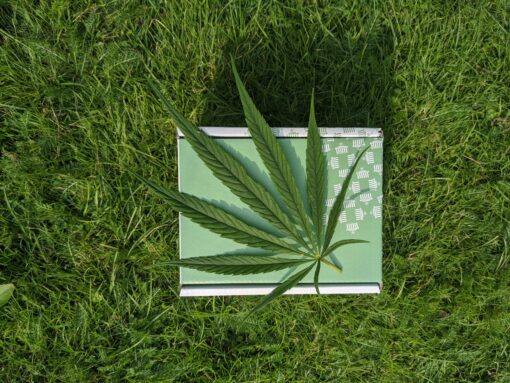
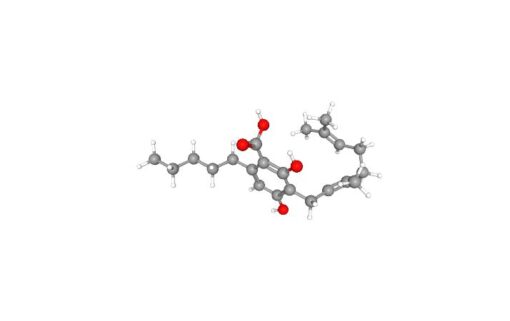
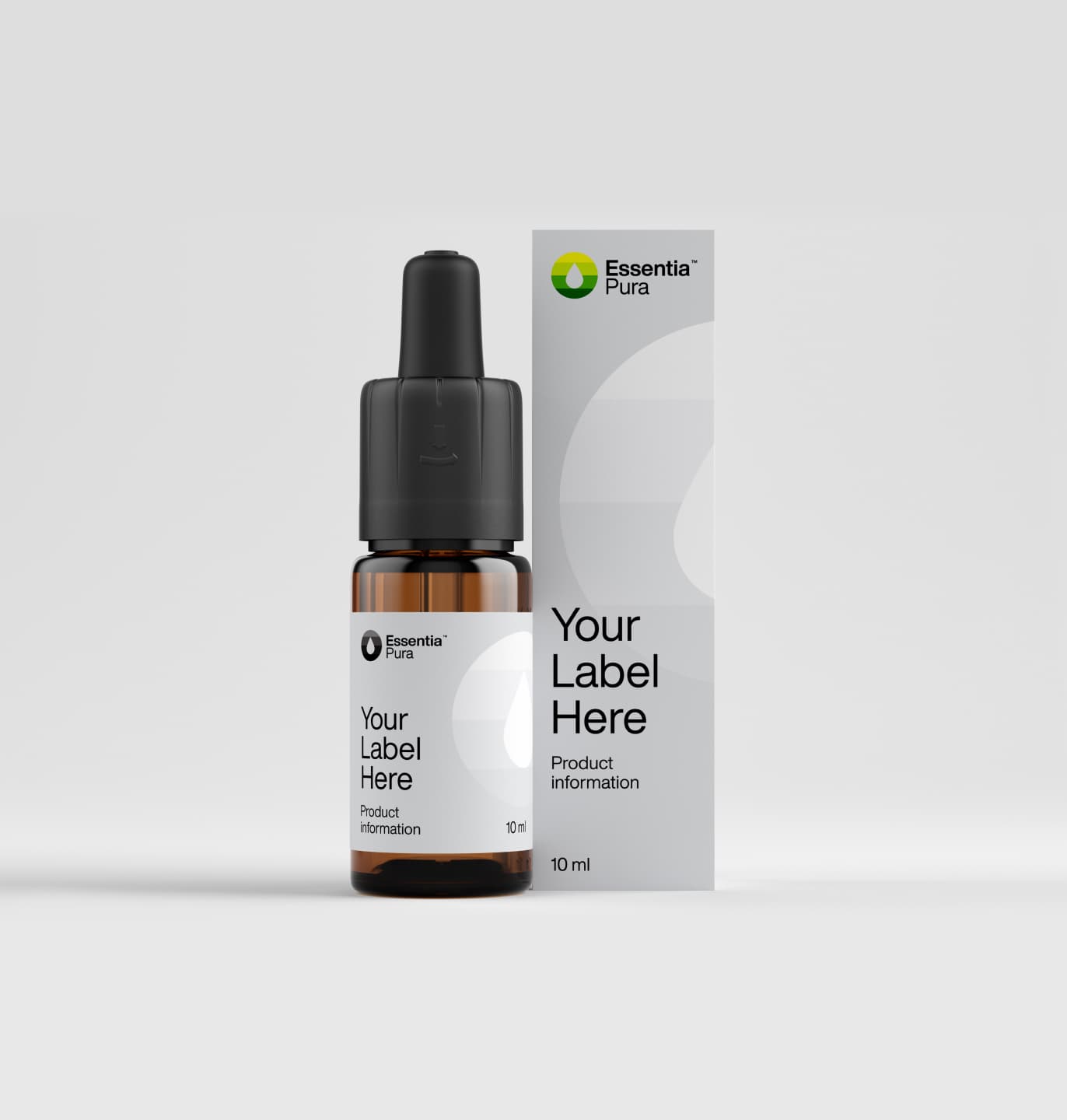
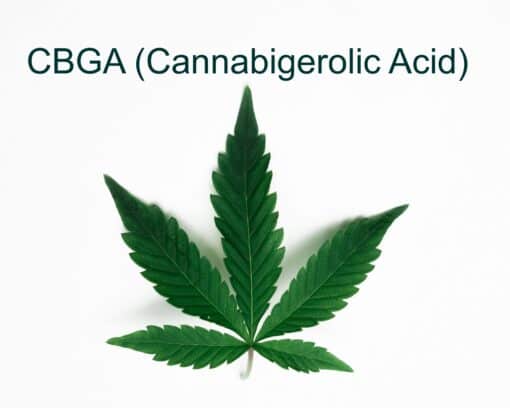
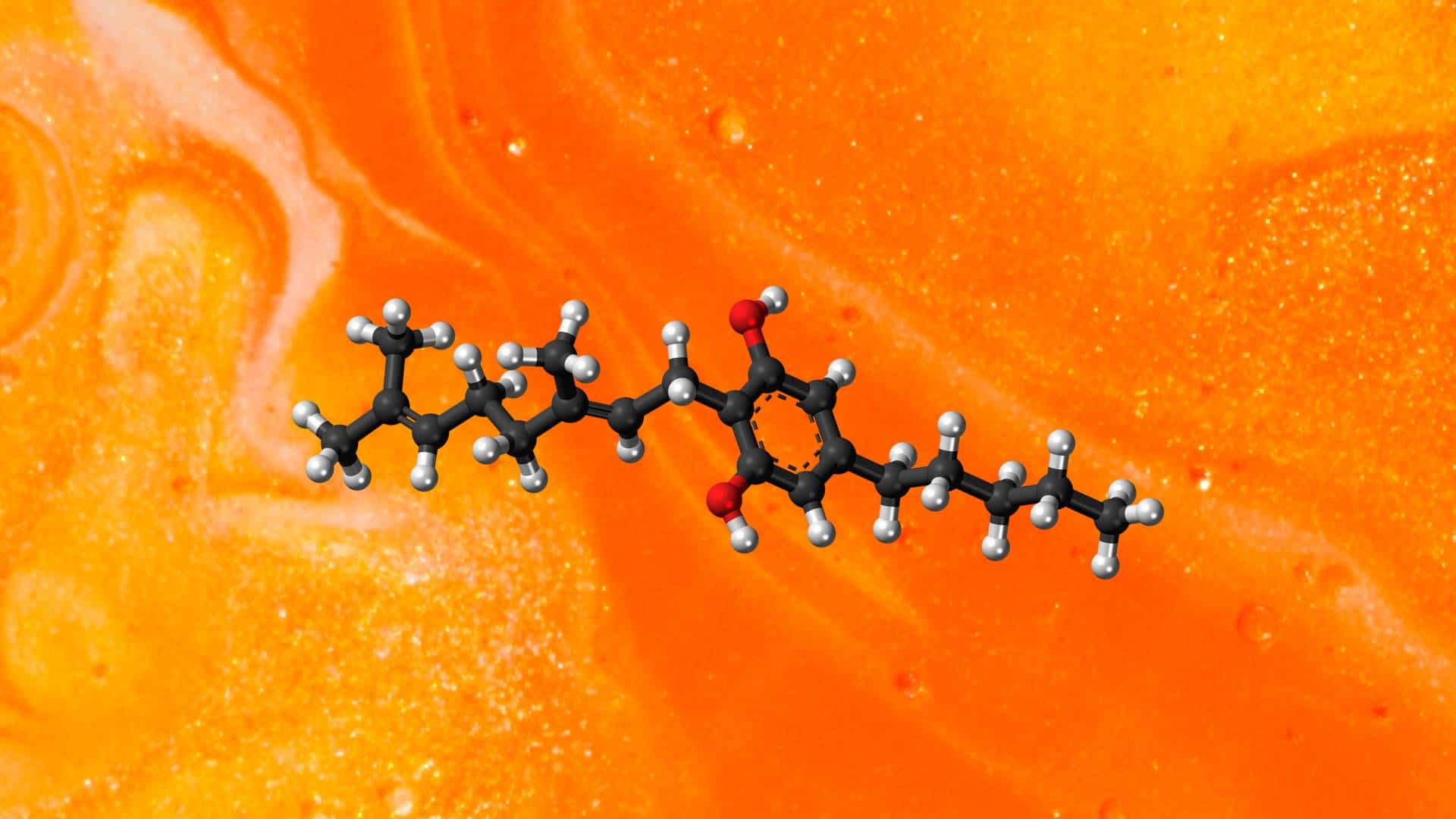
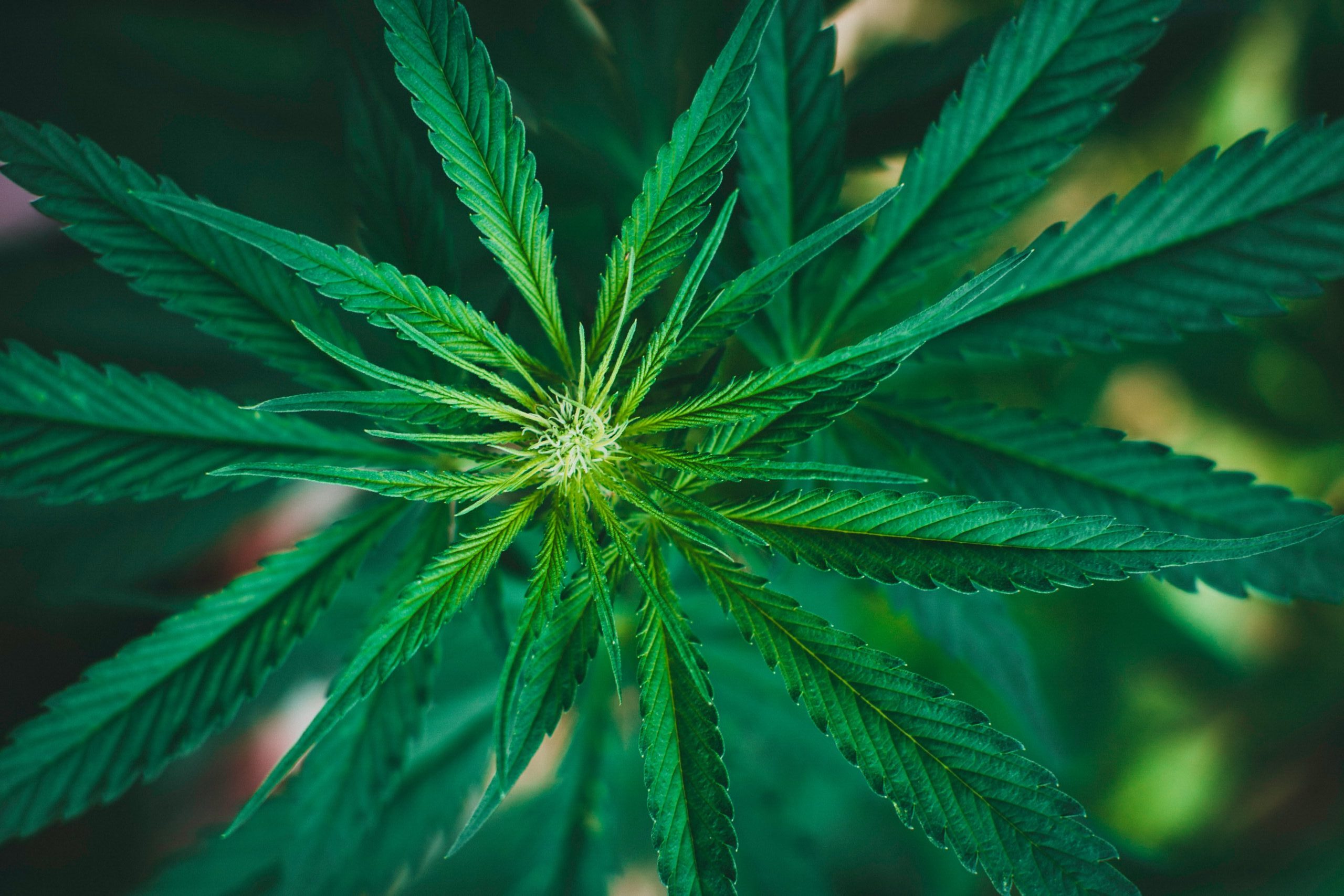
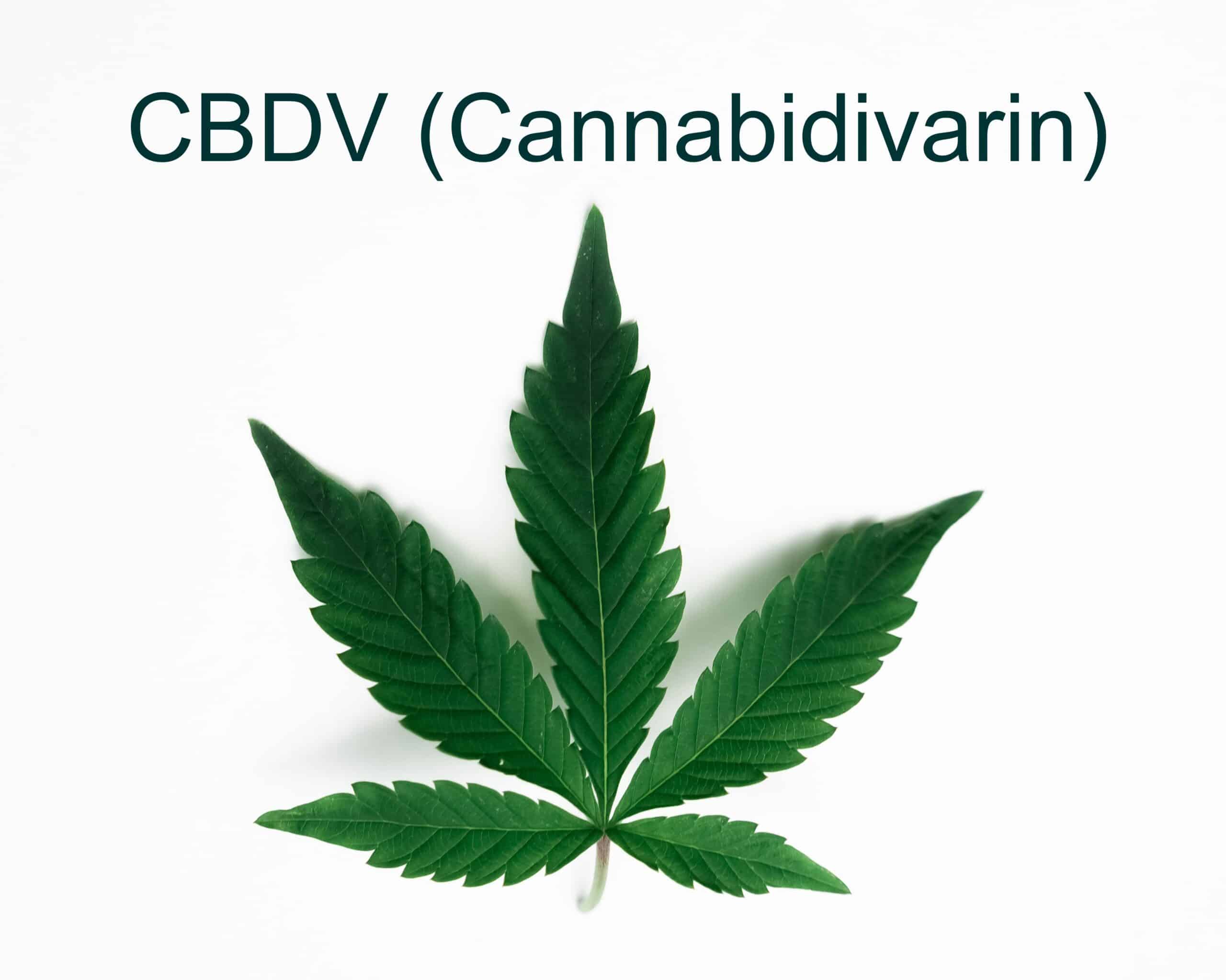

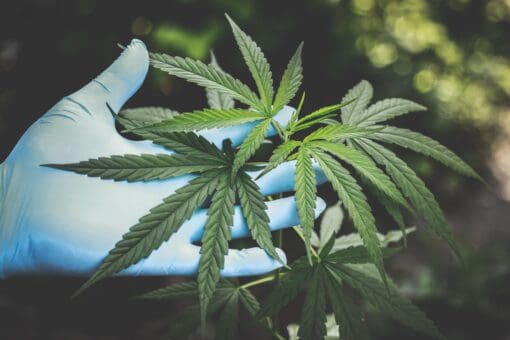
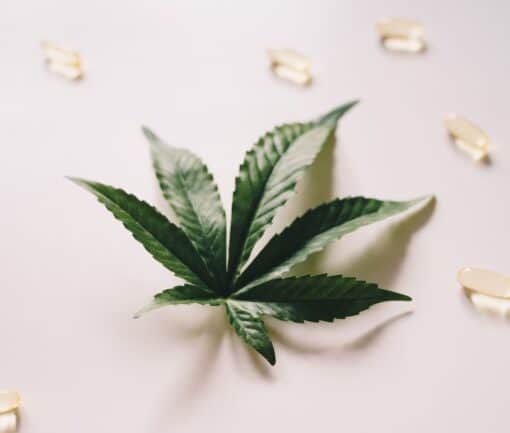


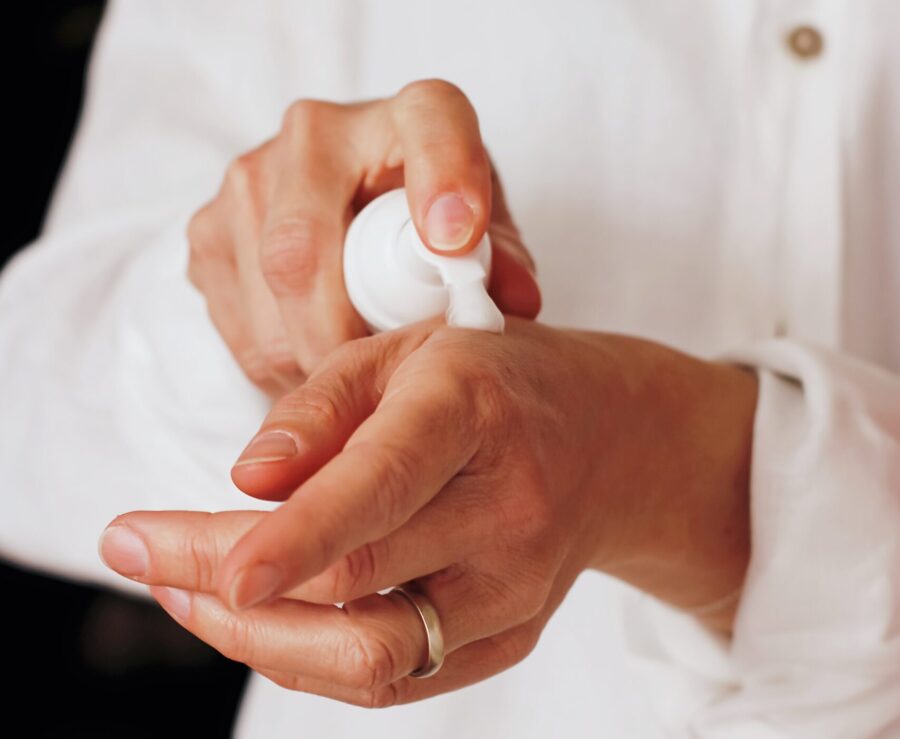
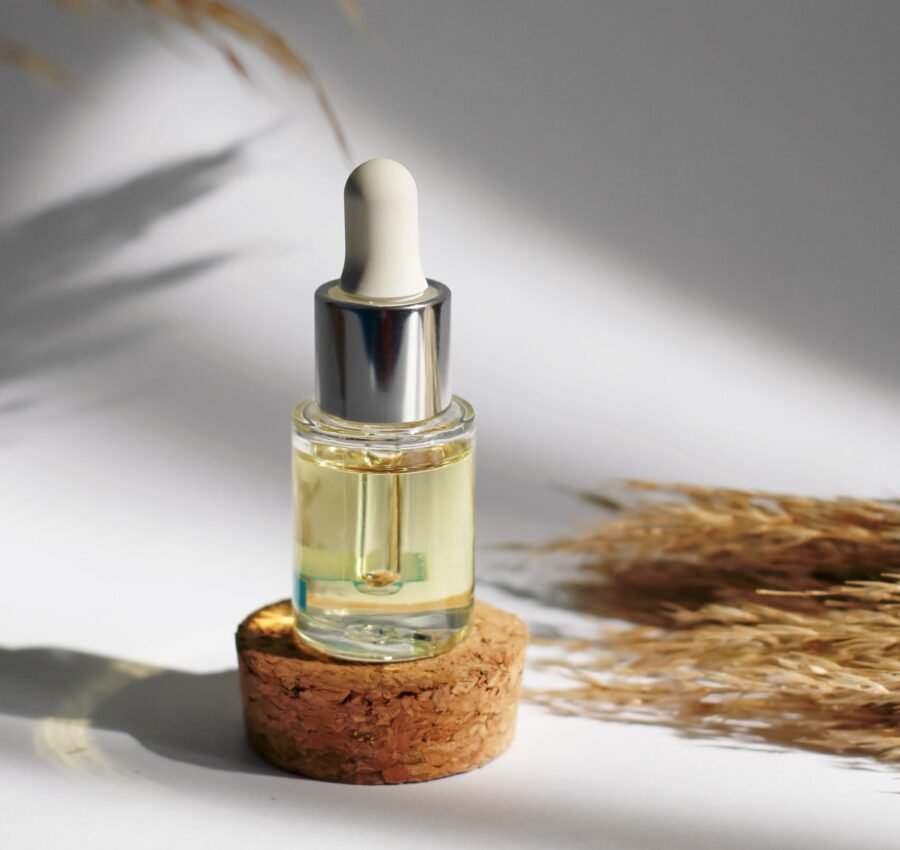
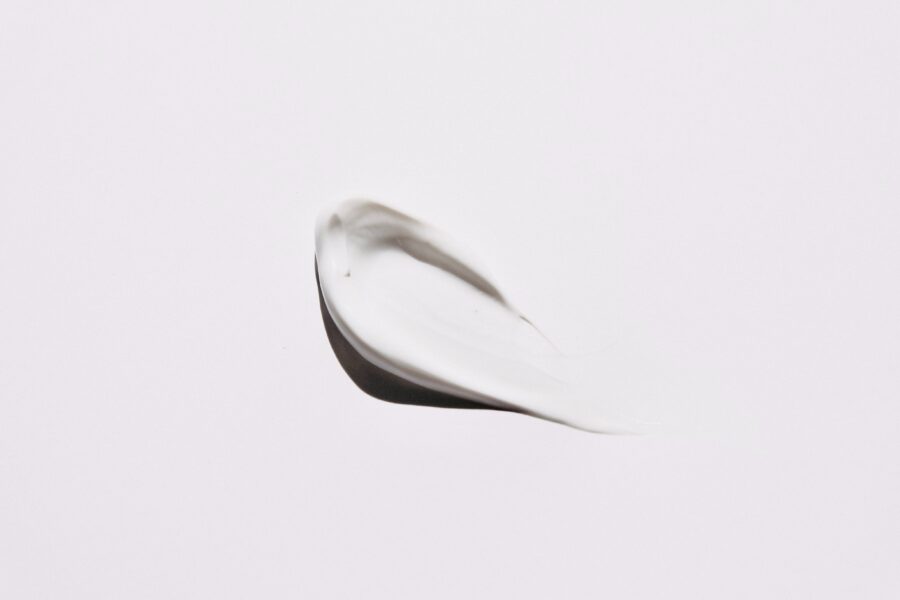 organic beauty cosmetics are
organic beauty cosmetics are 